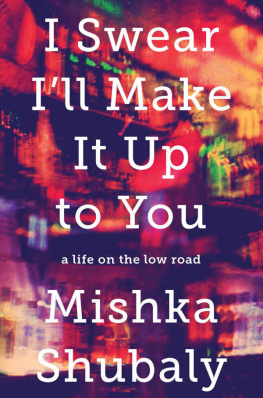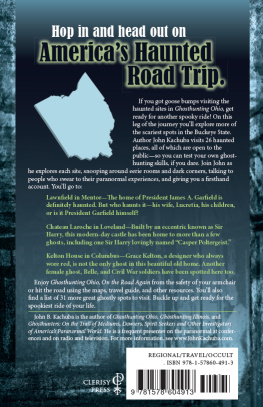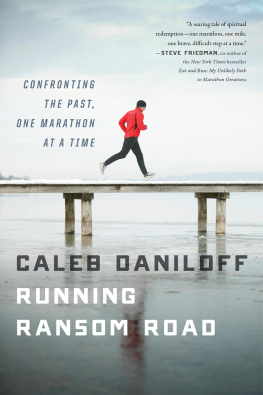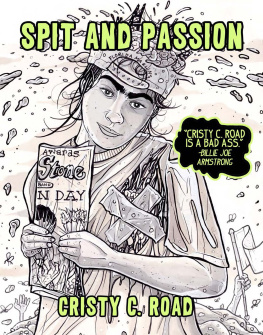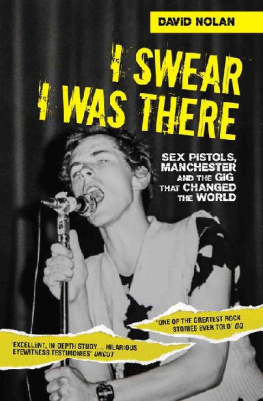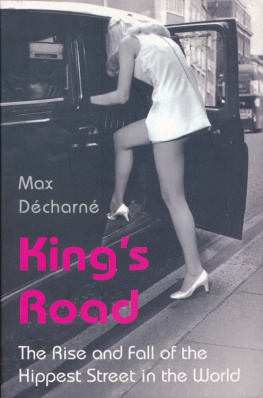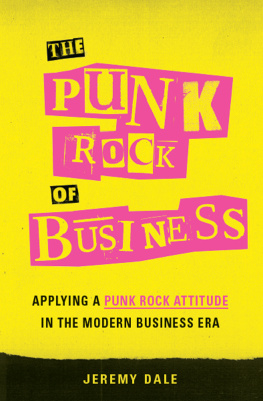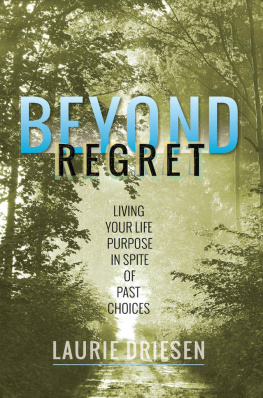

Copyright 2016 by Mishka Shubaly.
Published in the United States by PublicAffairs, a Member of the Perseus Books Group
All rights reserved.
Printed in the United States of America.
No part of this book may be reproduced in any manner whatsoever without written permission except in the case of brief quotations embodied in critical articles and reviews. For information, address PublicAffairs, 250 West 57th Street, 15th Floor, New York, NY 10107.
PublicAffairs books are available at special discounts for bulk purchases in the U.S. by corporations, institutions, and other organizations. For more information, please contact the Special Markets Department at the Perseus Books Group, 2300 Chestnut Street, Suite 200, Philadelphia, PA 19103, call (800) 810-4145, ext. 5000, or e-mail .
Book design by Jeff Williams
Library of Congress Cataloging-in-Publication Data
Names: Shubaly, Mishka, author.
Title: I swear Ill make it up to you: a life on the low road / Mishka Shubaly.
Description: New York, New York: PublicAffairs, 2016.
Identifiers: LCCN 2015040867| ISBN 9781610395595 (ebook)
Subjects: LCSH: Shubaly, Mishka. | Rock musiciansUnited StatesBiography. | BISAC: BIOGRAPHY & AUTOBIOGRAPHY / Personal Memoirs. | SELF-HELP / Substance Abuse & Addictions / Alcoholism. | SPORTS & RECREATION / Running & Jogging.
Classification: LCC ML420.S542 A3 2016 | DDC 782.42166092dc23 LC record available at http://lccn.loc.gov/2015040867
First Edition
10 9 8 7 6 5 4 3 2 1
For my sisters, Tashina and Tatyana
Contents
Oh my God, what have I gotten myself into?
Im a human corkscrew and all my wine is blood
Theyre gonna kill me, Mama
They dont like me, bud.
JOHN PRINE
People misremember things. Even if I remember it wrong, this is how I remember it.
MURRAY SHUBALY
O ne Sunday morning when I was twenty-two, I was working my way home from a Saturday night outbadly hungover, a trail of orange vomit descending from the collar of my Salvation Army T-shirt all the way down across my Salvation Army pants to the tops of my Salvation Army shoes. When the No. 2 train pulled up at 14th Street, Anne, a girl I had gone to school with, was standing on the train directly in front of me. I hadnt seen her since I was seventeen, when Id cheated on my then girlfriend, Riley, with her. As the doors opened, I gave Anne my most winning smile. She surveyed me wistfully.
Oh, Mishka, she said as she brushed past with a grimace, you havent changed a bit.
I boarded the train and rode uptown in silence. I had moved to the city less than a year earlier in order to claim the fame I was sure awaited me. Instead, Id had to prostrate myself just to find a job I felt beneath my unique gifts, a job I loathed: data entry in the Womens Apparel Department at Bergdorf Goodman, New Yorks most ostentatious department store. I shared a one-room apartment with my stepbrother, Jesse, the most cramped living conditions Id ever endured for the highest rent I had ever paid. My mother and my younger sister lived in the Virgin Islands, and I saw them one week a year at most. I hadnt spoken to my older sister or my father in years. I was badly heartbroken, still madly in love with Riley, who had disappeared without a word when I was twenty.
When I emerged onto the 96th Street subway platform to transfer to a local train, a man was playing steel drums. The song was at once light and droning, uplifting and plaintive, foreign and intimately familiar, defiant and inexpressibly sad. I was so light-headed and woozy that I couldnt make out the tune at first. It was Amazing Grace. The songs lyrics rattled into my dehydrated brain without even being sung, and with them, a terrible epiphany.
In the airless cloister of the subway platform, I wept: suddenly, copiously, uncontrollably, in the same manner I had upchucked my malt liquor and Nacho Cheese Doritos the night before. I didnt know how to liveanywhere, but especially in the big city. My greatest comfortmy alcoholhad begun to terrify me. My teenage arrogance had been beaten out of me. I had been humbled. I was lost.
As a child, I had learned from my mothers Arlo Guthrie cassette that Amazing Grace had been written by a slave trader. The story goes that this slave trader picked up his human cargo on the coast of western Africa and set sail for America. But when he reached the middle of the ocean, he had an epiphanyI have made a horrible mistakeand he turned the ship around. He returned to Africa, set the people he had abducted free, and devoted his life to fighting against slavery.
Envision this majestic and baffling spectacle: a massive, ancient, handmade wooden ship, under full sail on an ocean bare of land or any sign of humanity, gradually slowing down, then hesitating for a moment, as if in deep contemplation. Then the cumbersome mast swings about, and the mammoth vessel ascribes a slow, wide circle and returns back the way it came, as if under the pull of a bigger force.
Sadly, the slave trader narrative behind Amazing Grace is untrue. The song was indeed written by a slave trader named John Newton, but he had no crisis of conscience at sea involving the ethics of slavery. John Newton did experience a spiritual conversion in 1748 during a fierce storm, but no ship turned around, and no one was freed. In fact, Newton was a hellion with a well-documented pattern of coming close to death, swearing to change his life, then enthusiastically plunging back into debauchery, blasphemy, and a level of creative profanity that made even his fellow sailors cringe.
After Newtons conversion, he continued to work as a slave trader and continued to mistreat his slaves until 1754, when he became physically unable to do so following a stroke. Even then, he continued to invest in slave trading operations for many years. Newton wrote Amazing Grace in 1773, and he did finally speak out against slavery... but only after he had made his fortune enslaving his fellow human beings.
Still, grace exists. You flail around, you stumble, you weep in public on subway platforms, the cries of trains in your ears, knifing pains in your gut, and orange vomit on your shirt. You get it wrong and you get it wrong and you get it wrong... and then one day, somehow, you find your way.
O ne of those swampy, hollowed-out nights in August when anyone with a means of escape has fled New York City and everyone left behind is ready to kill or die, anything to interrupt the boredom and the heat. I was behind the bar making change for Eddie the bartender when we heard the unmistakable sound of Something Going Wrong in a Barchairs scraping, the clatter of something falling over, grunts of exertion, the heavy, meaty sound of blows, women squawking. I whipped around and saw the arm of a man in a white long-sleeve shirt rising and falling over someone flat on the ground.
Eddie and I sprinted from behind the bar. Eddie grabbed the guys arm, and I got him in a choke hold and dragged him toward the door. Id lost control of a bar I was managing once before, and the entire room turned on me. I got put through a wall and was lucky to come out of it with just a black eye. My old friend Javad was working the door, and wed been hanging out all nightwhere the hell was he now that we needed him?
I heaved the guy outside and shoved him away from me into the street so Id have warning if he charged me. I was surprised by how preppy he lookedsomewhere between Dave Eggers and Timothy Bottoms from
Next page
